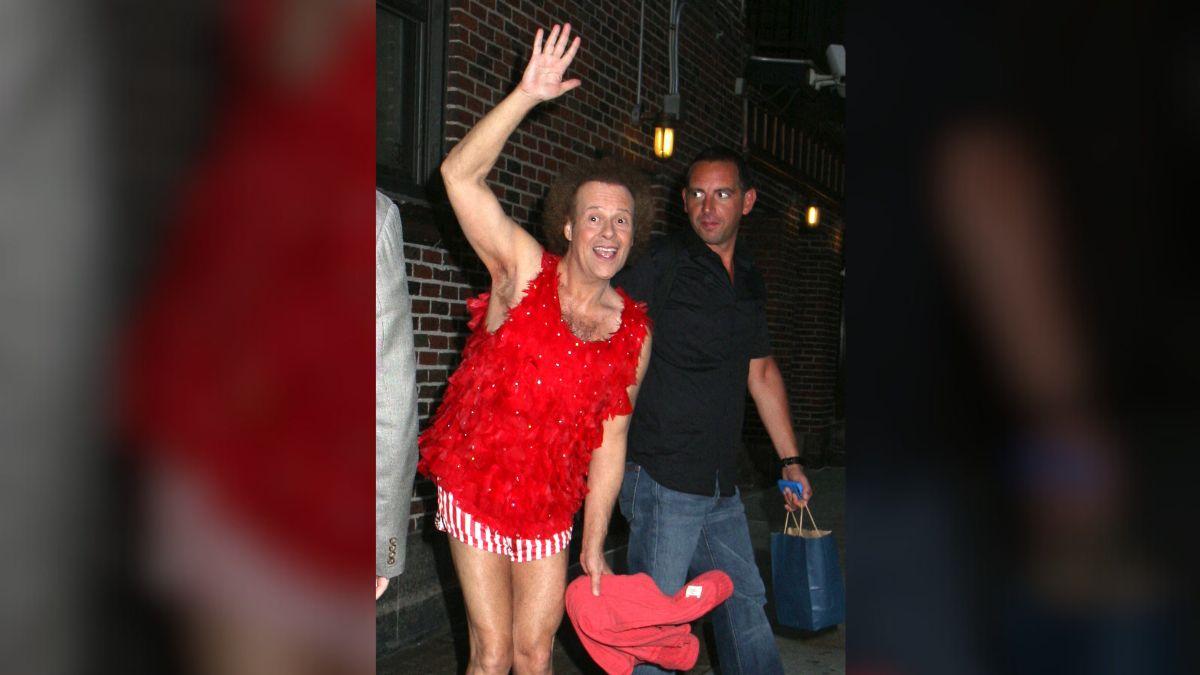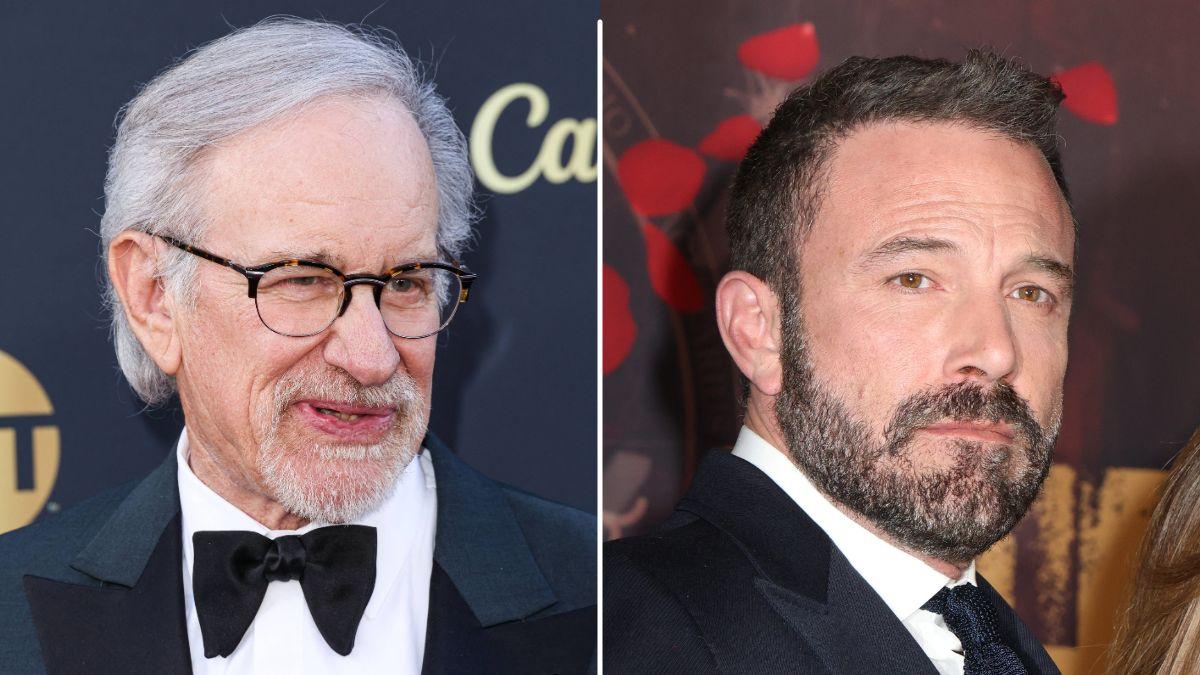EXCLUSIVE VIDEO INTERVIEW: Meredith Baxter On Coming Out - "This Is Who I Am"
March 15 2010, Published 9:36 a.m. ET
Actress Meredith Baxter, who played mother Elyse Keaton on 80s TV hit Family Ties, turned heads last December when she told the world she is a lesbian.
RadarOnline.com caught up with Baxter on the red carpet of the Human Rights Campaign's star-studded gala in Los Angeles over the weekend, where she talked to us about what triggered her decision to make her sexuality public and how things have been for her since.
VIDEO: Meredith Baxter Comes Out As Lesbian
The HRC event was in part to bring awareness and support for the rights of gay, lesbian, bisexual and transgender people.
Though Baxter, a thrice-married mother-of-five, told us she was “no spokesperson” for gay rights, she said she felt compelled to come out because she wasn't comfortable with the social message she was sending staying closeted.
"This is not just some little niche community," she told us. "This is a much broader spectrum of the U.S. and the world than we anticipated, so maybe it’s just not someone's narrow other point of view that has to prevail, that they can take in our cares and what we want.”
EXCLUSIVE VIDEO INTERVIEW: Kathy Griffin To March On DC Over "Don’t Ask Don’t Tell"
She said the night prior to discussing her sexuality for the first time on TV and radio outlets, she wondered "Why am I doing this?"
Baxter told us that since coming out, "it has been very gratifying, to get some understanding."
She said she hoped her example could lead other closeted individuals to free themselves of their own shackles.
"It's permission,” she said. “Maybe just telling people, 'This is who I am,' maybe gives people permission to say who they are.”



